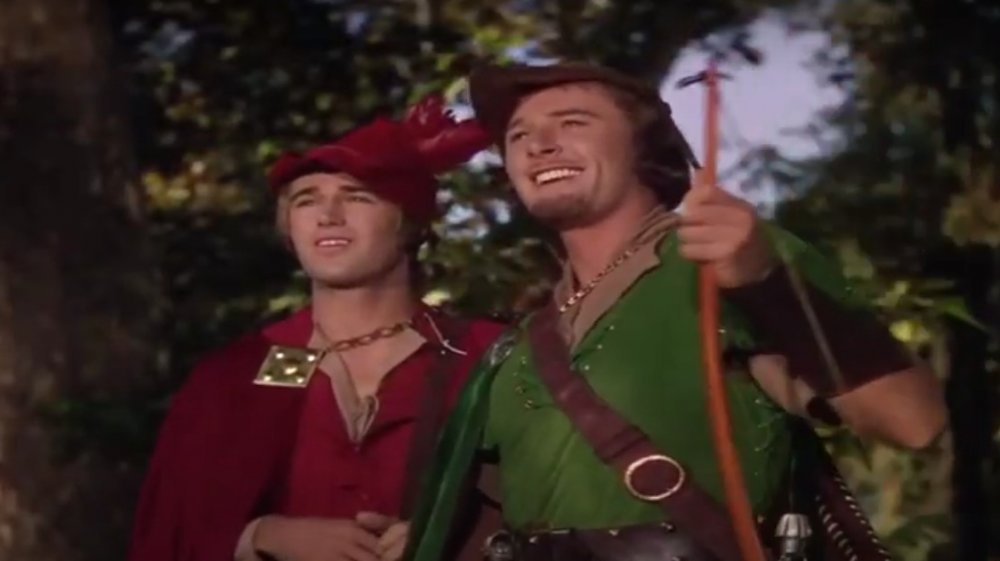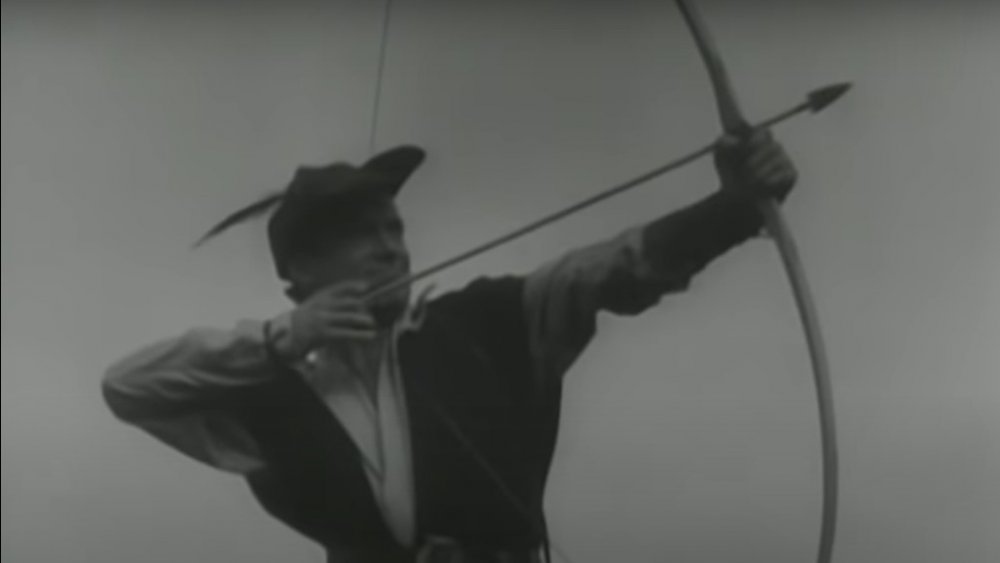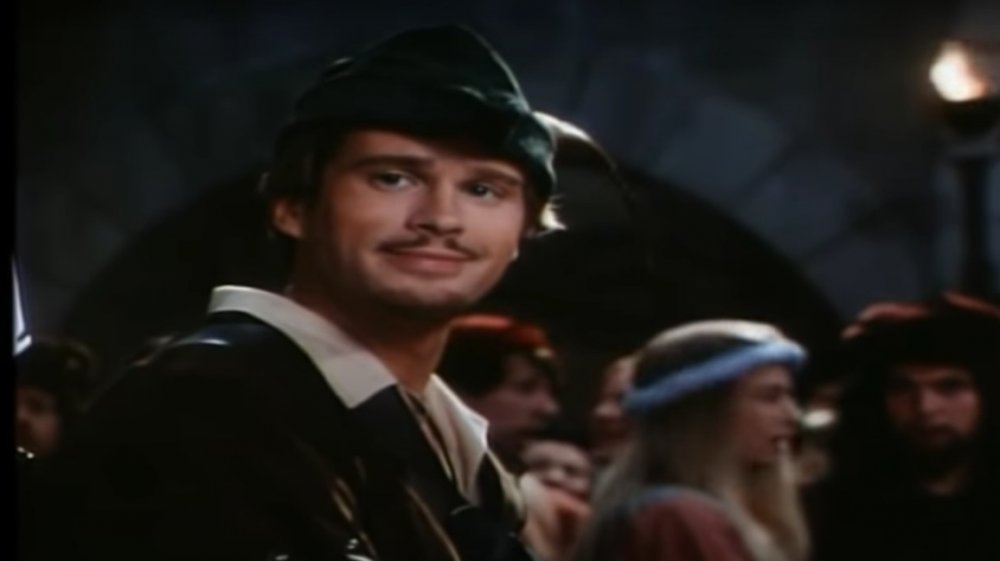Robin Hood May Never Have Actually Existed. Here's Why
It's a generational thing. Which Robin Hood do you claim? Is it Errol Flynn, buckling his swash against Basil Rathbone as Sir Guy of Gisbourne in 1938? How about Richard Greene in the English TV series from the 1950s? There's always Kevin Costner's much-razzed take on the character (Robin Hood: Prince of Thieves) from 1991, and then Russell Crowe took a shot (so to speak) in 2010. And so very many others. The character's got legs. And tights.
There are bound to be variations on the themes, but the basic story is this: In the days when England's Good King Richard the Lionheart is away at one crusade or another (which puts it around late 12th Century) Robin returns home to find his family lands have been usurped and the countryside is in turmoil, oppressed by taxation and onerous laws by tyrannical government. He breaks one of those laws himself and heads into Sherwood Forest, where he gathers about him a band of fellow stout-hearted rebels, the Merry Men.
No matter who tells the story, there's always archery involved
From their home base in the woods they strike back, robbing from the rich to give to the poor, eventually defeating the Sheriff of Nottingham and his crew and helping restore King Richard to his rightful place on the throne. There are feats of archery and bold speeches about freedom and a supporting cast with Little John (who's enormous, so feel free to chuckle at the irony) and Friar Tuck and Maid Marian and a host of others. And where there's smoke, there's fire, so there's got to be a least a little bit of truth to it all, right?
Mayhaps not, varlet.
As Smithsonian tells us, Robin doesn't even show up in the literature until the 14th Century. By the early 15th Century he's identified as a "good" outlaw. The early 16th Century adds the part about "robbing from the rich and blah blah blah" — a "social bandit," a defender of honest folk against dishonest government, says British historian Eric Hobsbawm. Those kinds of tales crop up around the world, often in times of social upheaval.
The Robin Hood legends adapt to the times
According to History, the name "Robin Hood" and variants was more along the lines of a generic nickname given to garden-variety criminals. The rough outline of what we recognize today as the Robin Hood myth took shape gradually, with Medieval poets pretty much assuming that yeah, the guy really did exist. You know — a long time ago.
Historical traces of The Hood (so to speak) are as wispy as the character himself. Essentially, references are found in poetry, songs, and tales, without any real sense of historicity — popular literature of their times, with a narrative that evolved over the course of centuries. The BBC's History Extra is a little more blunt in its assessment: "Robin Hood is an invented, archetypical hero, whose career encapsulates many of the popular frustrations and ambitions of his era." To this day, we reference people as being like Robin Hood — engaging in criminal activity with an eye to the greater, even common, good. Jesse James is sometimes characterized as being like Robin Hood, even though he most assuredly was not. Proof positive that, whether he existed or not, the legend has legs. Also tights.


